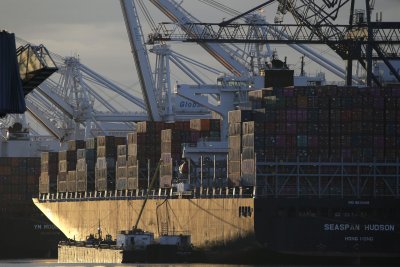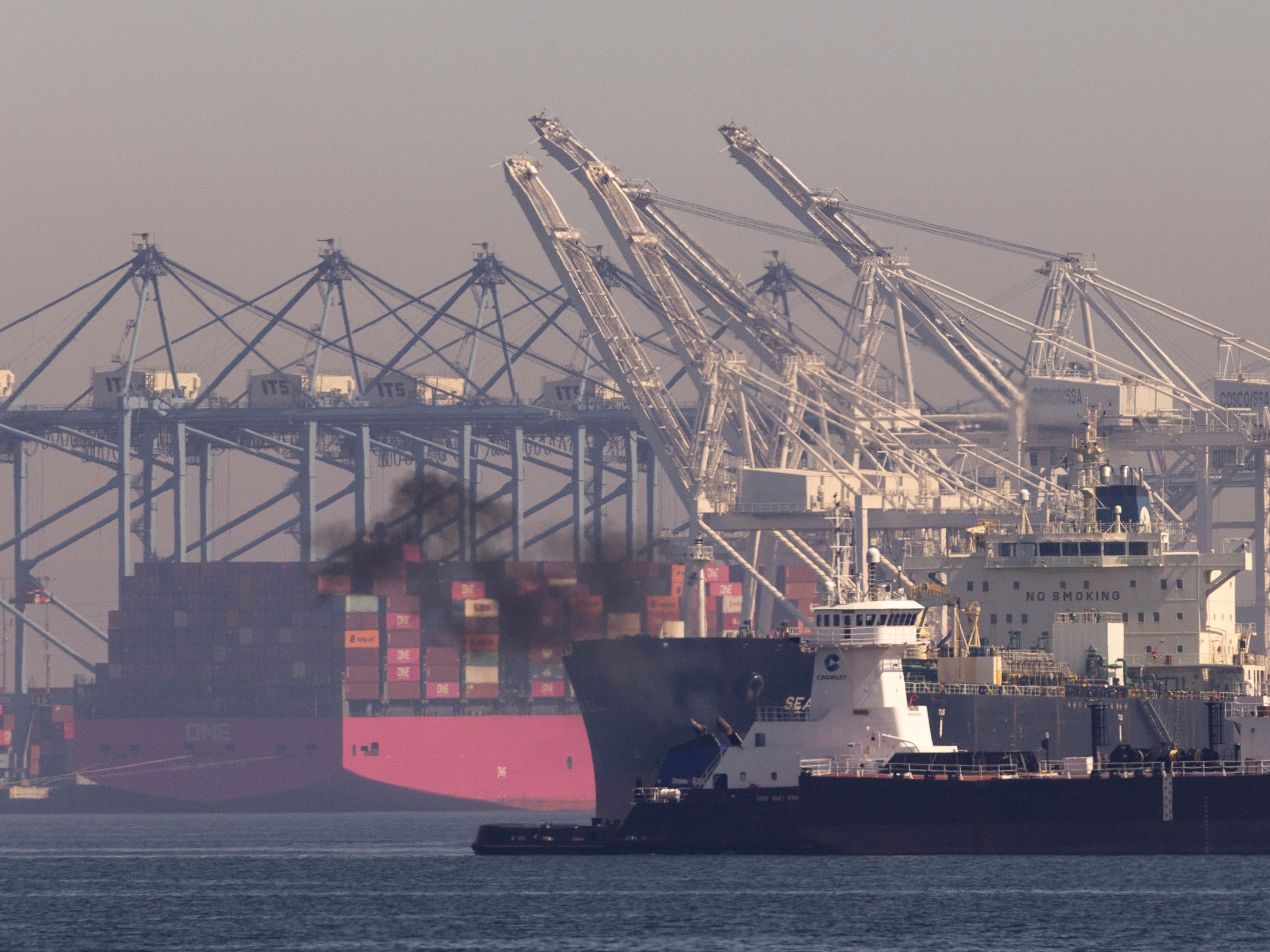Exxon Mobil sues California over emissions reporting laws

Oct. 26 (UPI) — Petroleum giant Exxon Mobil has filed a federal lawsuit challenging a pair of California laws that would require the company to report greenhouse gas emissions tied to the worldwide use of its products.
The complaint, Filed in U.S. District Court for the Eastern District of California, argues that the California statutes violate the company’s free speech rights by compelling it to “trumpet California’s preferred message even though Exxon Mobil believes the speech is misleading and misguided.”
Calif. SB 253, known as the Climate Corporate Data Act, requires the state’s Air Resources Board to adopt regulations that mandate private companies with more than $1billion in annual revenue to disclose their greenhouse gas emissions, indirect emissions, such as the electricity purchased by the company and emissions from the company’s supply chain, including water, water usage, business travel and employee commutes. The indirect emissions account for about two-thirds of a company’s greenhouse gas emissions.
The legislation does not require Exxon to change anything about its production process or limit what consumers can use, only that the company provide data on its emissions.
Michael Gerrard, a climate change researcher at Columbia University, said the oil giant has a long history of resisting making such information public, and said the suit reflects “Exxon’s pattern of aggressively pushing back” on any climate change-related regulation.
Supporters of the law say it discourages “corporate greenwashing,” such as marketing efforts that falsely depict a company’s efforts to reduce climate-warming emissions.
“We need the full picture to make the deep emissions cuts that scientists tell us are necessary to avert the world’s impacts of climate change,” said Sen. Scott Wiener, D-San Francisco, the bill’s author.
In its lawsuit, Exxon said SB 253 and a companion measure, SB 261, would require the company to “engage in granular conjecture about unknowable future developments and to publicly disseminate that speculation on its website.”
SB 261 requires companies with revenue in excess of $500 million to disclose their climate-related financial risks.



